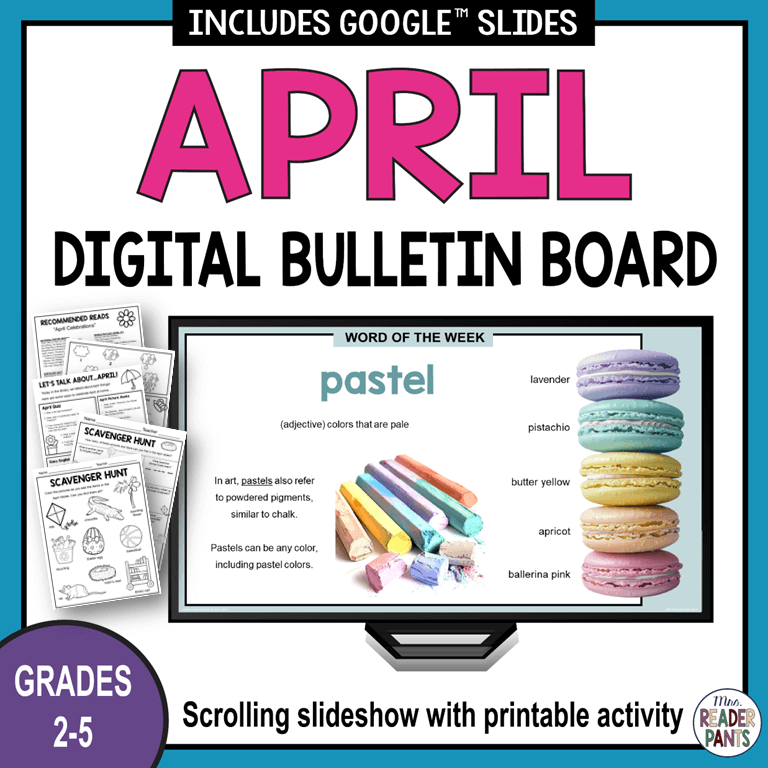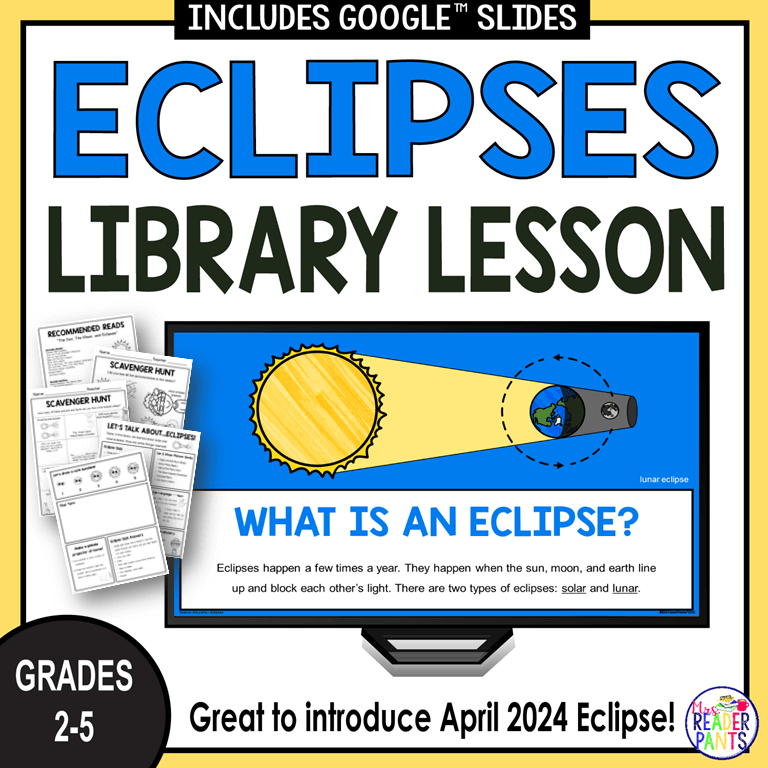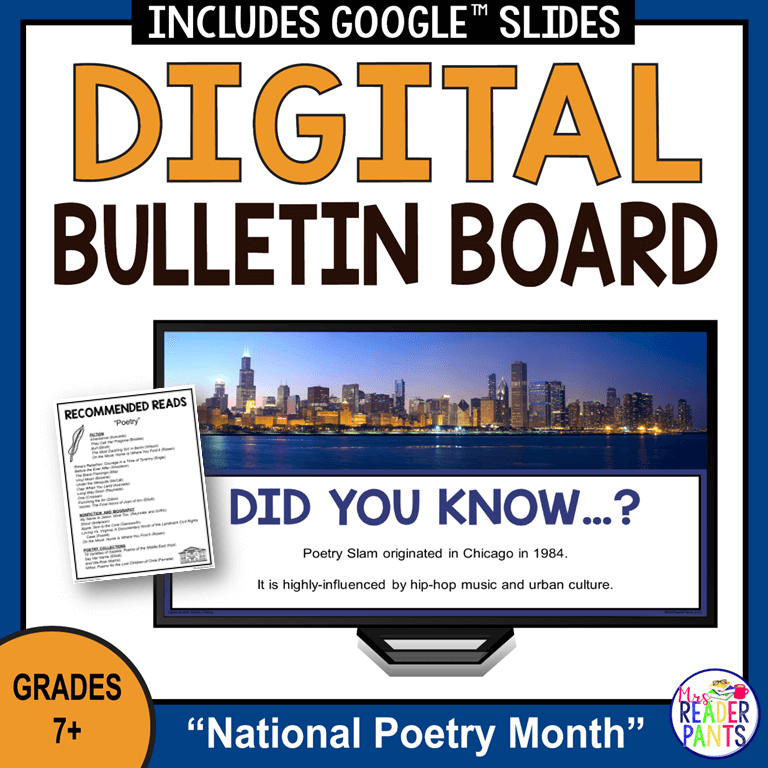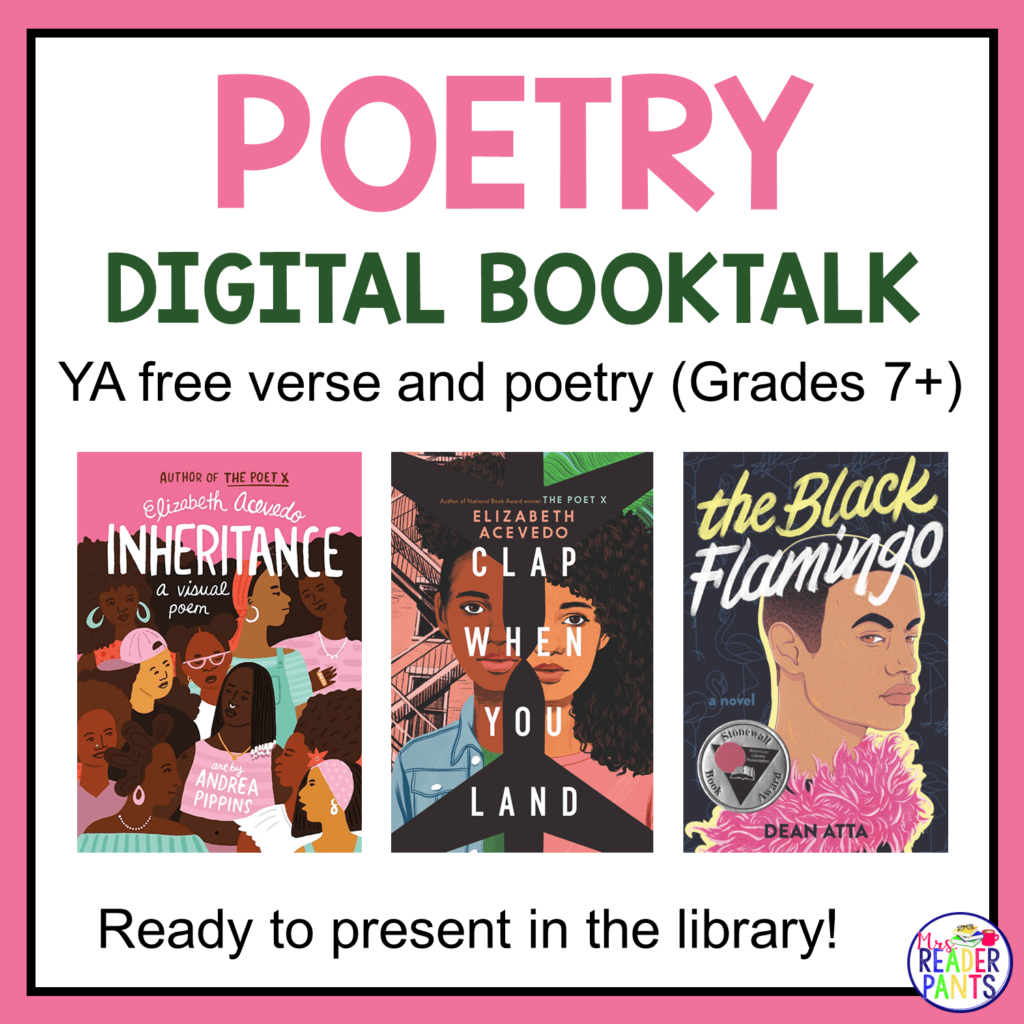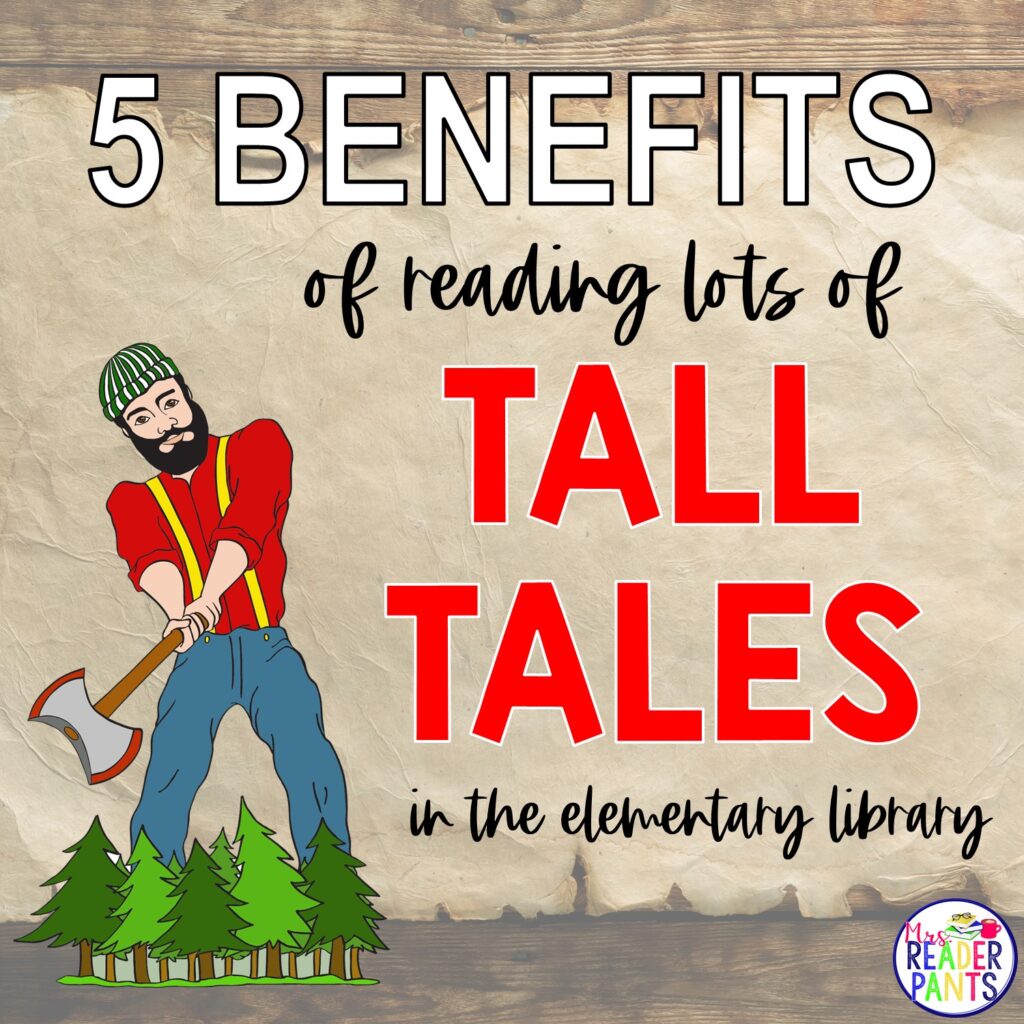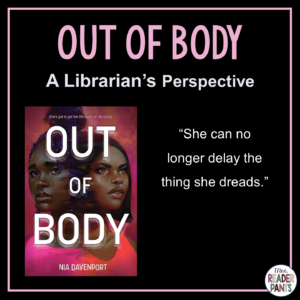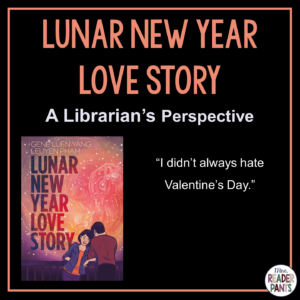The Dylexia Empowerment Plan is essential reading for all K-12 teachers.
The 2017-2018 school year is my seventeenth year in education. I started teaching seventh grade English and literature in 2001, six weeks before 9/11, when I was 26 years old. In all that time, you would think I would have had plenty of professional development classes on best practices for teaching children with dyslexia, dyspraxia, dyscalculia, dysgraphia, autism spectrum disorder, ADD and ADHD, emotional disorders, depression, anxiety, and scores of other learning and emotional differences that occur regularly in the students we teach.
So how many classes have I attended as an American-turned-international public school teacher and librarian? Keep reading…

AUTHOR: Ben Foss
SERIES: none
PUBLISHER: Ballantine
PUBLICATION DATE: August 27, 2013
ISBN: 9780345541239
PAGES: 336
SOURCE: Brooklyn Public Library OverDrive
GENRE: professional resource, nonfiction, dyslexia
RECOMMENDED FOR: all teachers (all of them!!!)
SUMMARY OF THE DYSLEXIA EMPOWERMENT PLAN
It is estimated that about 10% of the population is dyslexic, and many people don’t even know it. Ben Foss is dyslexic, but he attended Stanford law school, despite his immense struggles with dyslexia. In this book, Mr. Foss discusses the power of audiobooks, proper accomodations for dyslexic students, common myths about dyslexia, and the Americans with Disabilities Act as it pertains to dyslexia.
REVIEW OF THE DYSLEXIA EMPOWERMENT PLAN
How many classes on special education needs have I gotten as an American public school teacher/librarian turned international school librarian?
In seventeen years, I’ve gotten some limited formal training on autism spectrum disorder, at a school where we had a formal program called STARS for children with autism. I’ve gotten no training at all on any of the other special education needs, at least not formally. I’ve talked with school counselors, special education teachers, and other teachers about these issues plenty, but none of that was official training. Nor was it required by any school district or private school I’ve worked at.
This review is about a book on dyslexia, but I must mention that in all those years of education, the vast majority of my training on learning and emotional differences has been very informal and originated with my own desire to learn about them, mainly through books, talking to other teaching professionals, and from my experiences working in public and private schools.
Yep, that’s it. Sad, huh?
I learned nearly everything I know about dyslexia from my son. He was identified as dyslexic at age seven, a few months before we moved to China. We noticed he learned differently when he was very young, maybe even as young as two or three. He was almost 18 months old before he walked, and when we read rhyming books like Dr. Seuss, he struggled to make words rhyme.
For much of kindergarten, he was unable to spell his first name, and he was well into first grade before he could write it. He frequently wrote letters like s, j, p, d, b, and a backward, as well as numbers 2 and 5. Memorizing math facts and weekly spelling lists was a particular struggle. No amount of study and practice would result in a passing score on spelling or math facts tests. By the time we moved to China when he was seven, despite all my husband and my attempts to show him otherwise, he was convinced he was stupid and couldn’t learn.*
I’ve researched dyslexia on my own for years, but I felt like The Dyslexia Empowerment Plan really helped me get into the mind of a dyslexic child. Author Ben Foss is himself dyslexic. Ben Foss narrates his audiobook, which really highlights his passion for advocating for dyslexic children. Since finishing it a week ago, I’ve been working with my son to try audiobooks, and I subscribed him to a highly-visual online learning platform called Time4Learning (which he loves so far).
As a teacher, I know most teachers receive little or no training about dyslexia, even though 10% (or more, according to some studies) of the population is dyslexic.
As a mom, I highly recommend The Dyslexia Empowerment Plan to anyone who works in a school or is the parent of a dyslexic child. Your child needs you to understand, and this book can set you on that path. Dyslexic children are not lazy, and they are most definitely not stupid. They are highly-intelligent children who learn differently from their peers. Please, please invest some time in reading this book or others like it so you can have a better understanding of dyslexia and the needs of dyslexic students.
*I started to write about how my son is doing now, but I ended up deleting it to protect his privacy. All I’ll say is that he still struggles daily with school, and we have decided to try homeschooling him for sixth grade next year. I don’t know if that’s the right thing for him, but for the first time, he is excited about starting the new school year. Even though he still has eight weeks left of school, it seems a great weight has already been lifted from his shoulders. We owe it to him to at least give it a try.
THE BOTTOM LINE: A must in every school library. The audiobook is fab!
STATUS IN MY LIBRARY: On-order.
READALIKES:

